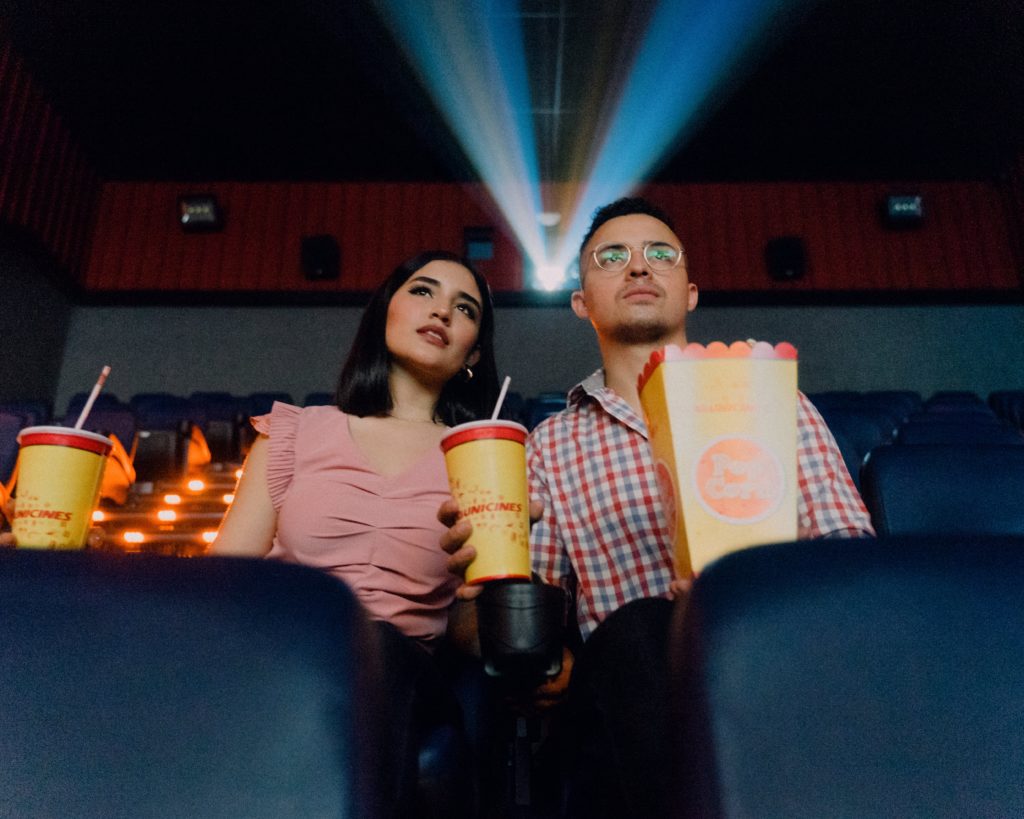
Do you have a passion for something like wine, football, movies, or photography? Then beware of the effects of becoming too knowledgeable about your leisure pursuit. According to researchers from the Kellogg School of Management, expertise has a surprising downside.
By Yvonne Milosevic
Who would have thought that becoming more informed about something that interests you could leave you feeling cold? That is the unexpected discovery made by Kellogg professors Loran Nordgren and Derek Rucker. Collaborating with Matthew Rocklage of the University of Massachusetts Boston, the researchers conducted several experiments, which revealed that acquiring more expertise makes us “emotionally numb.”
“Ironically, growing our knowledge about a passion-driven pursuit can diminish the emotional component of our passion for it.”
In one test of their hypothesis, the researchers combed through 13 years’ worth of movie reviews on the website rottentomatoes.com. Using Evaluative Lexicon, a computational linguistic tool that assesses emotion in text, Rucker and Nordgren made a curious discovery. Namely, that expert reviews by movie critics consistently showed less emotion than those written by novice users.
“The experts’ expertise may have rendered them more emotionally numb to film fare,” Rucker and Nordgren suspect. Meanwhile, so-called “‘Regular people’ simply like what they like.”

In another study, the researchers gave one group of participants a mini-course in “Photography 101.” They then asked them to assess a set of photos using a range of Evaluative Lexicon-based adjectives.
“We found that participants who had newly acquired expertise—courtesy of our crash course— exhibited less emotional reactions to the pictures” than the people who had no prior expert knowledge, Nordgren and Rucker reveal.
Why Does Expertise Dampen Emotions?
When you gain expertise in something, it shifts your focus from what you feel to what you know. “This cognitive architecture essentially takes center stage and crowds out the emotional reactions people might otherwise have,” they note.
That means moving from “I love how this Cabernet tastes” to “This Cabernet tastes high in acidity, with strong notes of black cherry.”
On the bright side, Nordgren and Rucker discovered that this expertise-induced emotional numbness isn’t irreversible. In another photography experiment, they told participants to focus on what feelings the photos stirred up. That time, both the high-expertise groups and their novice peers showed the same level of emotion, the researchers say.
Rucker and Nordgren think their findings have important implications for our daily lives. By understanding why pursuing a passion can dampen your feelings for it, you can work to counteract that natural response.
“If you’re passionate about wine, for example, and have gained some knowledge around the subtleties of tasting, then be selective about when you use that expertise,” they advise.
“Perhaps it’s useful when you’re at a formal tasting or with other wine buffs, but if you are having a glass or two with a friend you might have a better experience if you shift away from the expert mindset and let your emotions set in.”
Related:


